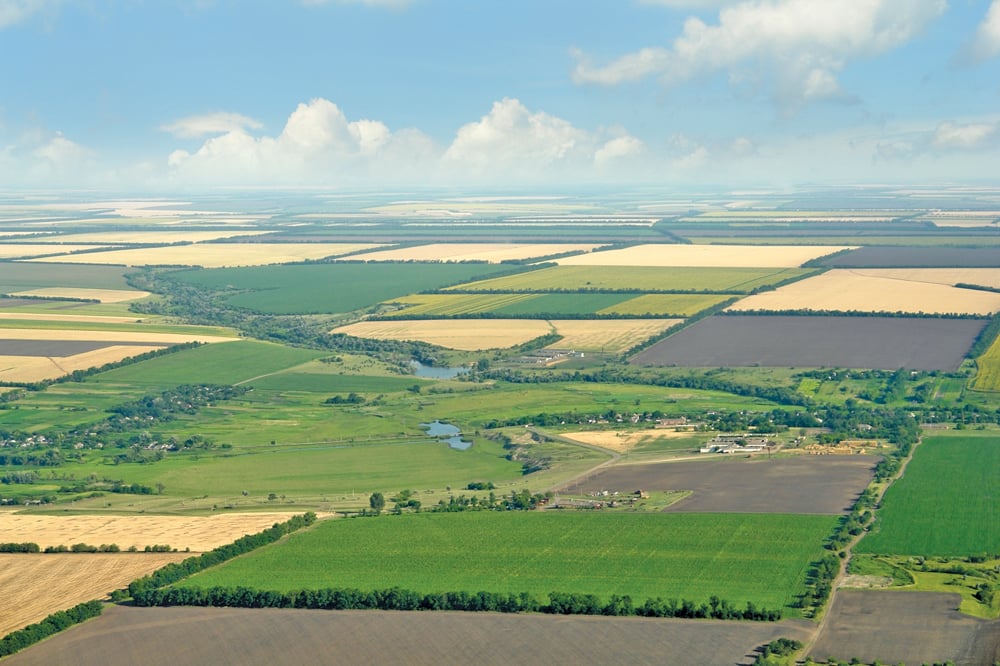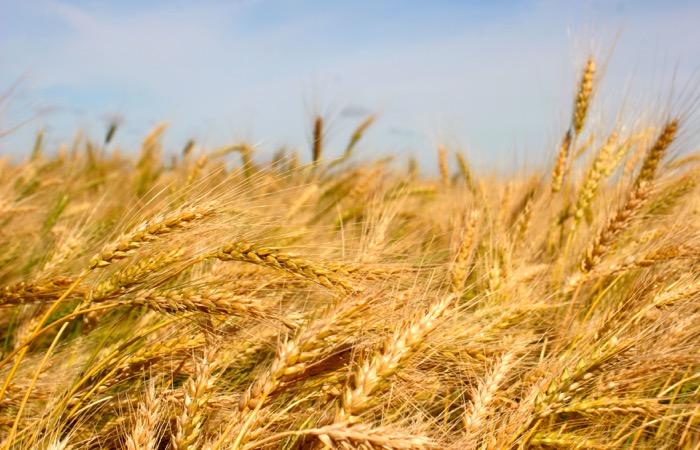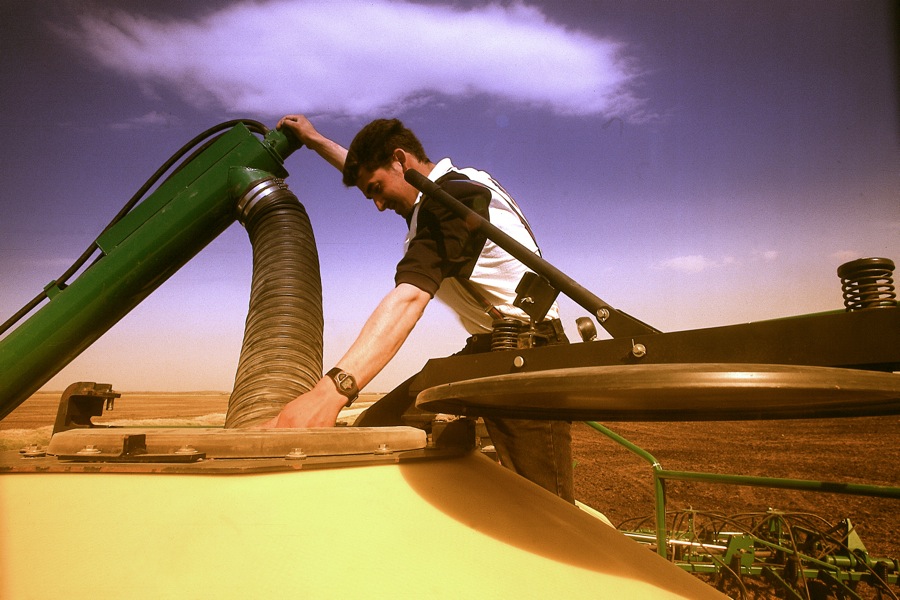Quick: who is Saskatchewan’s agriculture minister? Chances are that even people who know the answer will have trouble correctly spelling Bob Bjornerud.
In a province noted for the high profile of its agriculture industry and its agriculture minister, Bjornerud has not had much time in the spotlight during the Saskatchewan Party’s first year in office.
Much of this is due to the relatively good times enjoyed over the past year in the grains sector. Previous agriculture ministers, ranging from Grant Devine to Mark Wartman, have had to deal with grain producers teetering on the brink of rebellion.
Read Also

First Manitoba hay harvest short
Manitoba’s first hay cut of 2025 isn’t huge by initial counts, but things are worse farther west in the Prairies
Bjornerud is a pleasure to visit with. In front of a meeting he doesn’t beat around the bush and his words come quickly and effortlessly. From a policy perspective, there has been good and bad over the past year.
The good
The province seems well on its way to getting the burden of education tax off farmland. Given the province’s rosy economic outlook, now is certainly the time to fix this inequity.
One of the major agricultural promises of the Saskatchewan Party was a review of Saskatchewan Crop Insurance. That review is finally complete, but surprise, surprise, there aren’t any easy answers to making the program more lucrative. Don’t expect any revolutionary changes for 2009.
Administration for the AgriStability program will be brought home to Saskatchewan. AgriStability, and CAIS before it, are frustratingly complicated. Hopefully, putting this federal/ provincial program under provincial administration will improve service and delivery. But it won’t mean any changes to how the program actually works.
The bad
The Saskatchewan Party government has been largely ineffectual in stemming the downturn in the cattle and hog industries. The new government has actually been less supportive than the previous administration.
Bjornerud’s right-hand man is Tim Highmoor, who has an impressive history of policy analysis within the cattle industry. You’d think that would translate into insightful programs and support mechanisms. It has not.
Bjornerud freely admits that as agriculture critic he used to call for provincial farm support programs that would match Alberta’s generosity. As minister, he has no response to the hundreds of millions Alberta hands its livestock sector, other than initiatives such as support for water development and a plan to sell Crown grazing lands to producers.
His candour is appreciated but doesn’t change the dishonesty of the Saskatchewan Party catering to the farm vote when it was in opposition. It’s amazing that livestock groups aren’t crying foul more publicly.
Bjornerud claims to be working on long-term ways to support the livestock industry, but you have to wonder about the sincerity of that claim. The beef cow herd in Saskatchewan is shrinking rapidly as producers exit the business and the provincial government isn’t doing much to stop the bleeding.
There’s even less action in support of hog producers. The Saskatchewan Party seems content to watch the industry wither away. Hog producers have been losing money for an extended period of time and the implementation of mandatory country-of-origin labelling (COOL) in the U. S. has cast even more uncertainty.
Cowboys have a hard time supporting the NDP and there aren’t many votes in the pork industry. Politically, the lack of leadership for the livestock sector is unlikely to hurt the party. But that isn’t an excuse for ineffectual policy.
– Kevin Hursh is a consulting agrologist and farmer based in Saskatoon.


















